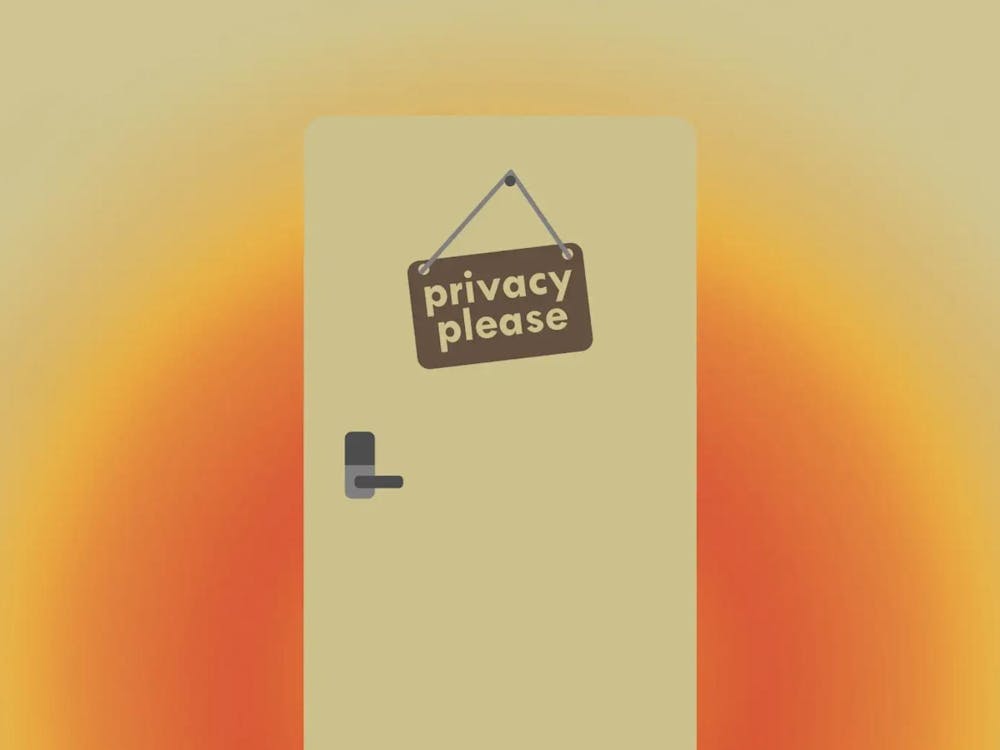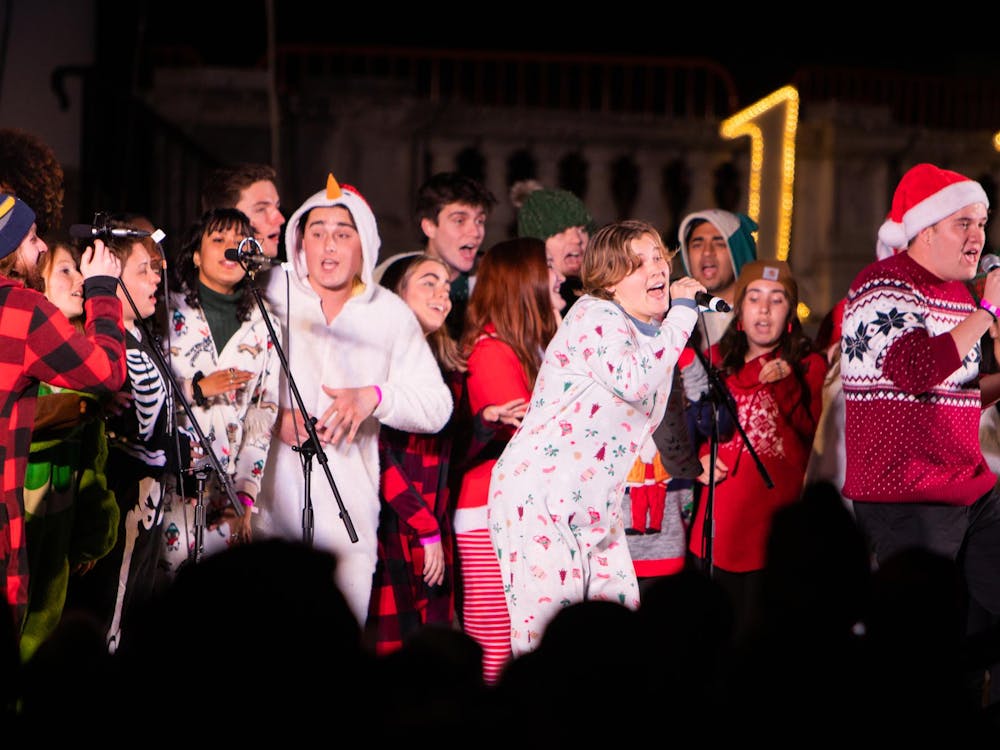I'm writing under the influence - of massive doses of decongestants. Feeling a bit loopy, I realize the impossible has happened. I've been left speechless. Quite literally, in fact.
It's not because I've seen something so spectacular that I can't think of the words to describe it. It's not because of an emotion that's too strong to articulate, even though I wish it were one of those things.
Instead, it's because of a damned cold virus that has cruelly decided to attack me. It has left me with a voice that is a hybrid of Barry White and Kermit the Frog. Rather than offending everyone's ears with my raspy tones and in order to stop pain that was comparable to having one's throat washed out with sulfuric acid, I decided to just shut up.
My new life of silence has prompted me to discover a few things.
First of all, it's really, really hard to whisper. I had never actually tried to do so before, or at least not in a situation where it was not absolutely necessary. Upon losing my voice, whispering became my only form of communication. Sadly, I found out that I am extraordinarily bad at it - even worse than I am at basketball, knitting or ancient Greek history. I don't know how anyone does it successfully. Maybe there's some sort of whispering gene I'm lacking.
Secondly, I learned that losing your voice is scary. At least for me. I was convinced that I would lose my voice permanently and never be able to speak again. My fear was not alleviated by a pre-Med friend telling me in graphic detail of the possibility of rupturing a vocal chord if I kept trying to talk. The use of the word "hemorrhage" shut me up pretty quickly.
This led me down a new path of introspection. Perhaps I am overly dependent on speech. Maybe I need to talk more than most people. There are certainly people who would think so. A little silence couldn't really hurt me, could it?
I wondered what my world would be like if I couldn't speak at all. The picture was bleak. I would be unable to ask questions, voice opinions, cheer at basketball games or gossip. I was distraught.
In order to cheer myself up - and since no one was talking to me because I couldn't respond to them anyway - I imagined a world in which various University figures were robbed of their capacity for speech.
First on my list was the big man himself, University President John T. Casteen, III. The thought terrified me. Who would raise money? Who would make decisions? Would the University flounder like some sort of sputtering speedboat? Would chaos reign? Would crazed students gain control of Madison Hall?
To stop the soap-opera style questioning in my head, I turned my thoughts to another University leader - Student Council President Joe Bilby. I pictured him leading students without the aid of his Kentucky drawl. The thought was scary but possible. Instead of speaking at meetings, he simply made up a bizarre system of gestures. Administrators would probably be so impressed (or so confused) that they would cave to his demands for courtside basketball seating and a palatial temple of a student center.
Sticking to student leaders, I then turned my attention to the guardian of our University's Holy Grail, Honor Committee Chairman Thomas Hall. Then I realized that this was too costly a scenario to even think about. Honor needs a voice, especially since so many students choose not to use their own (presumably healthy) vocal chords when it comes to defending the system. I wasn't sure if the chills I developed were from my devilish illness or from the pure horror of considering a world where students don't take steps to defend what is theirs.
I'm hoping my voice comes back soon, even though everyone I know probably has enjoyed the quiet for the past few days. And if it doesn't, I could always become a very deep-voiced Muppet, making both Barry and Kermit very proud.




